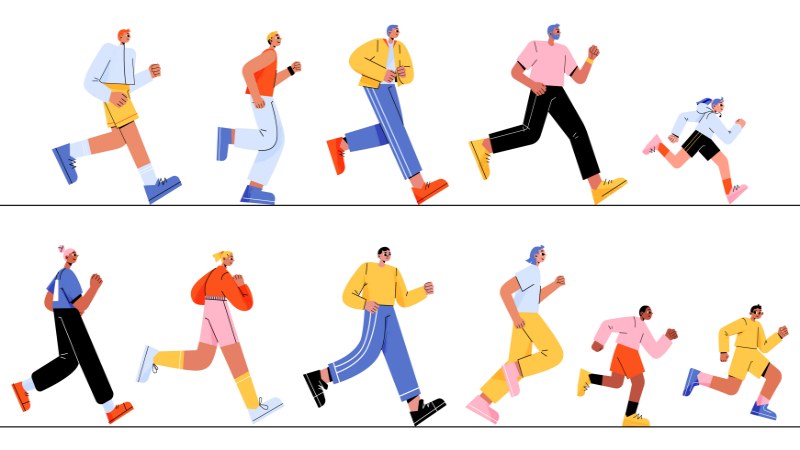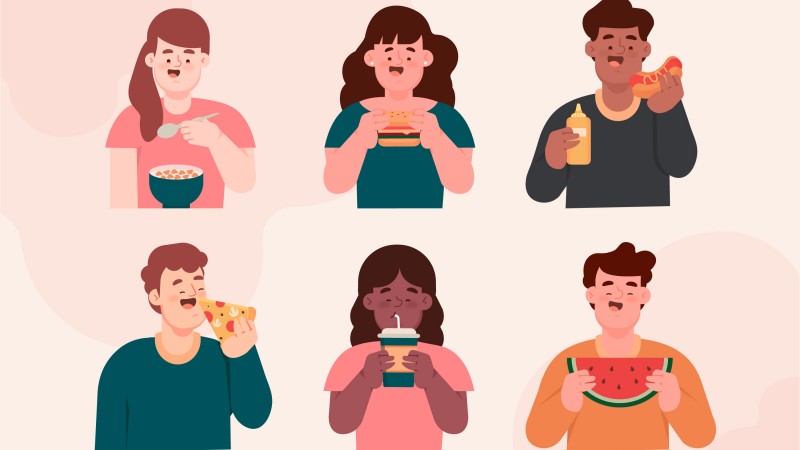
用英文表達“隨便,都可以”是一個常見的情境。然而,直接翻譯成英文時,我們通常不能使用 all are ok 或 both are ok 這樣的用法。雖然從語法上沒有錯誤,但卻不是地道的英文表達。以下是一些地道的表達方式,可以在不同的情境中使用。
1. I don’t mind.(我不介意)
這個表達表示你對選擇沒有偏好,願意接受對方的意見。
What do you want to eat for dinner? – I don’t mind. 你晚飯想吃什麼?- 我不介意(隨便)。
2. Anything will do.(什麼都可以)
這個表達也表示你對任何選擇都沒有特別要求,願意接受任何選擇。
What color do you want the walls to be painted – Anything will do. I don’t have a preference. 你想把牆漆成什麼顏色?- 都可以。我沒有偏好。
2. Either is okay.(兩者都可以)
當有兩個選擇時,這個表達表示你對這兩個選擇都沒有特別偏好,都可以接受。
Do you want to watch a movie or go for a walk? – Either is okay with me. 你想看電影還是去散步?- 都可以。
3. Whatever.(隨便吧)
Whatever 是比較常用的,表示不在意或讓對方選擇。但這個表達有時帶有一點負面的情緒,表示“不在乎”。
Where do you want to go for dinner – Whatever. I’m not really hungry. 你想去哪裡吃飯?- 隨便。 我不是很餓。
If you play games again, I will break up with you. – Whatever. 如果你再玩遊戲,我就和你分手 – 無所謂(負面情緒)。
4. It’s up to you./You decide.(由你決定)
這個表達表示你讓對方做決定,願意接受對方的選擇。
Which movie should we watch? – It’s up to you. Pick one you like. 我們應該看哪部電影?- 你來定。 選一個你喜歡的。
Where should we go for our vacation? – You decide. I’m open to any destination. 我們應該去哪裡度假?- 你决定。 我對任何目的地都持開放態度。



Comments